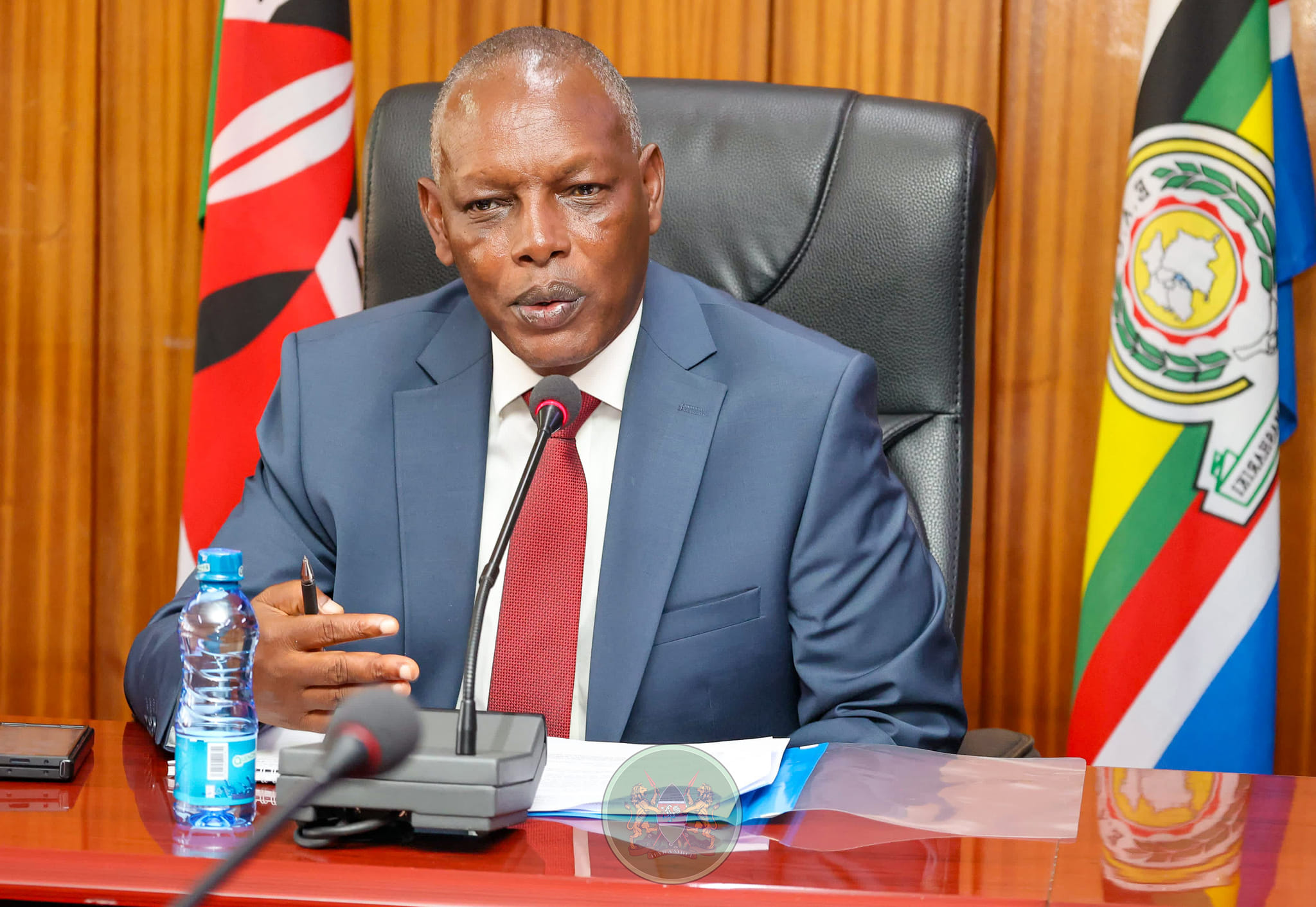

The 15-member team formed by Agriculture Cabinet Secretary Andrew Karanja will be charged with investigating underlying causes that led to this accumulation and the impact it has on the sub-sector.
It will also propose short, medium and long-term solutions to the issue.
The Taskforce which has 60 days to conclude its mandate will be chaired by Nicholas Munyi Kagua.
The term may, however, be extended, the Gazette Notice dated November 15 reads in part.
“In carrying out its mandate, the Taskforce shall be answerable to the Cabinet Secretary for the Ministry of Agriculture and Livestock Development,” it states.
It will also have a secretariat made up of six members to be headed by Seth Masese and based at Kilimo house.
According to its terms of reference, the team will investigate the effect of the minimum reserve price on the accumulation of the tea.
It will also undertake a probe on delayed payments, the conditions and charges of warehousing and the quality and shelf life of unsold teas.
As of July this year, there was an estimated 100 million kilos of unsold at the KTDA warehouses in Mombasa.
The government suspended the minimum reserve price in August this year with hopes that it will unlock new purchases and help reduce unsold stocks shunned by buyers since last year.
The set price of Sh313. 31 per kilo of tea was set in 2021 as a way of safeguarding farmers' earnings.
Part of the scope also includes investigating the reasons for the huge differences in tea prices between the East of Rift and West of Rift and make appropriate proposals.
In carrying out its mandate, the team will hold meetings and public forums with stakeholders from the tea sector across the country.
The final report is to be submitted to the CS within 14 days following the expiry of the 60-day period in office.
It should contain necessary policy recommendations, legal and regulatory frameworks, and guidelines for sustainable solutions to the tea trade challenges.
Other terms of reference include investigating the roles of regulatory and other agencies along the tea supply chain to determine any unfair trade practices and their influence in the accumulation of unsold teas and delayed payments.
It will also probe the performance of the KTDA factories and suggest ways to improve their efficiency.
It is further required to probe the effect of private factories in West Rift on tea prices, quality, and tea trade and develop a plan of action to implement the proposed interventions.
Additionally, it is tasked with investigating whether the increase in the number of tea blenders in the auction has an effect on the current tea trade and any other tea trade-related factors that impact sales at the auction.



 © The Star 2024. All rights reserved
© The Star 2024. All rights reserved